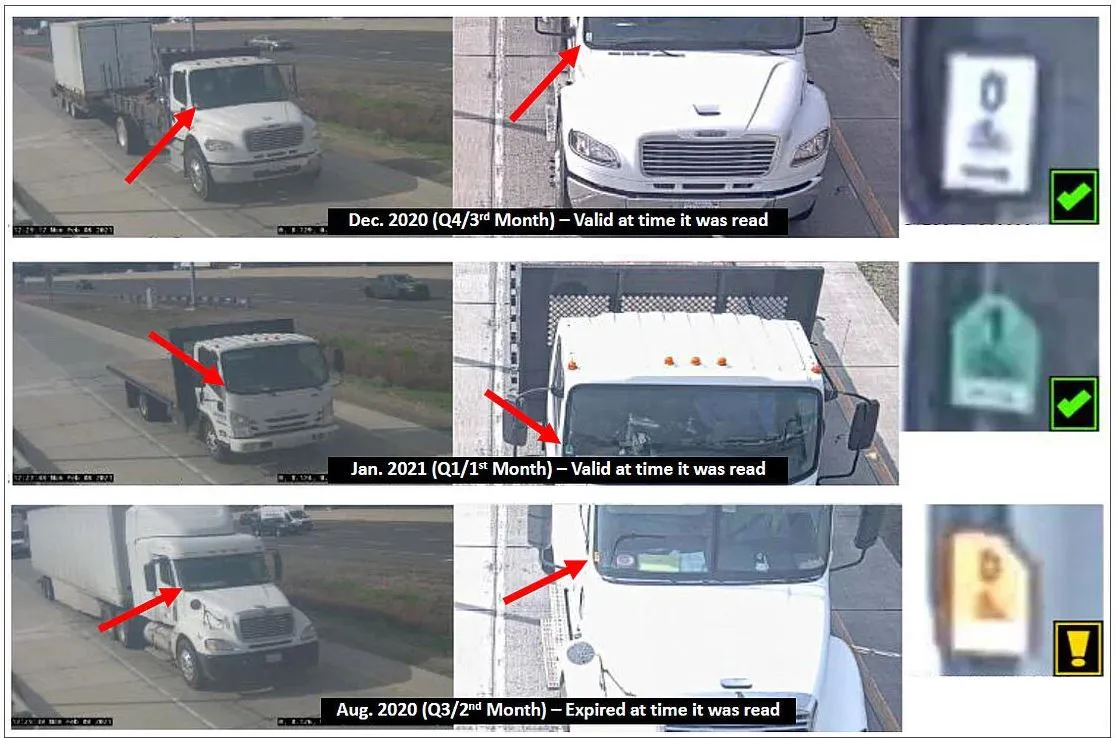
Ukraine’s transit services – as well as communications and power – have suffered devastating impacts in the year since Russia’s multi-pronged military invasion on 24 February 2022.
Beyond the obvious human toll, an intense aerial bombardment campaign on civilian infrastructure using precision-guided munitions has wrought destruction on transportation and logistics routes and services.
Yet despite constant Russian attacks, much of the nation’s critical road systems are operational. State agencies like the Ministry of Communities, Territories and Infrastructure Development and Ukravtodor, the State Agency of Automobile Roads prioritise critical services and military support.
Before the invasion, leaders in Ukraine understood that the nation’s economic progress would hinge on its ability to modernise transportation infrastructure, using advanced traffic technology, and many projects were underway to do just that.
In 2018 the Beskyd rail tunnel in the Carpathian Mountains opened, and the capital Kyiv installed a new camera-based traffic speed enforcement system in 2022. Many projects have now been destroyed or abandoned, with the situation demanding a new priority - national survival.
In the early days of the war, local road agencies nationwide did their bit by removing road signs and repositioning highway markers to confuse Russian attackers.
Ironically, poor road conditions may have helped delay the progress of Russia's initial invasion and saved the capital of Kyiv from capture. Outside of Ukraine’s major metropolitan areas and especially in the east, the state of the country’s roads is relatively poor, with the World Economic Forum Transportation Quality Index rating it at 119 out of 141 countries in 2019.
Early reports showed that Russian units stalled across the county, which allowed Ukrainian defence forces to launch counterattacks, target supply lines, and expose long columns of military vehicles to attacks.
But the economic cost of damaged infrastructure is staggering: as of June 2022, the Kyiv School of Economics placed it at over $95.5 billion– a number that is undoubtedly higher today.
International aid is flowing, and, while fully rebuilding Ukraine’s transportation system may seem far off however, many are preparing for when that day arrives. For now, the workers and agencies of Ukraine’s transportation community are focused on playing their part in the conflict, hoping they will soon get the opportunity to pick up the pieces, account for what was lost, and build anew.
Adam Howell’s long read on ITS and transportation in Ukraine in a time of war will be published in the March/April edition of ITS International








